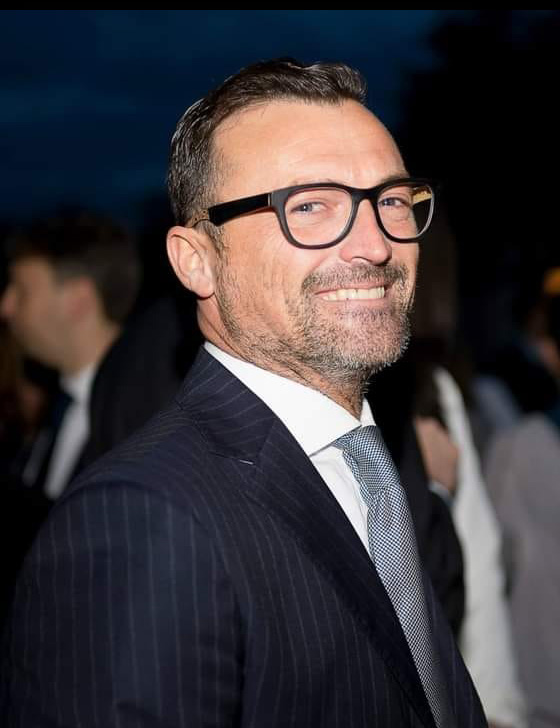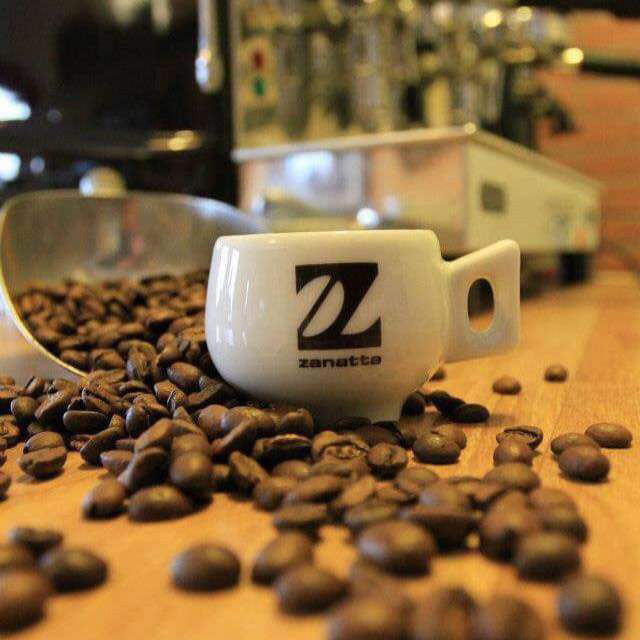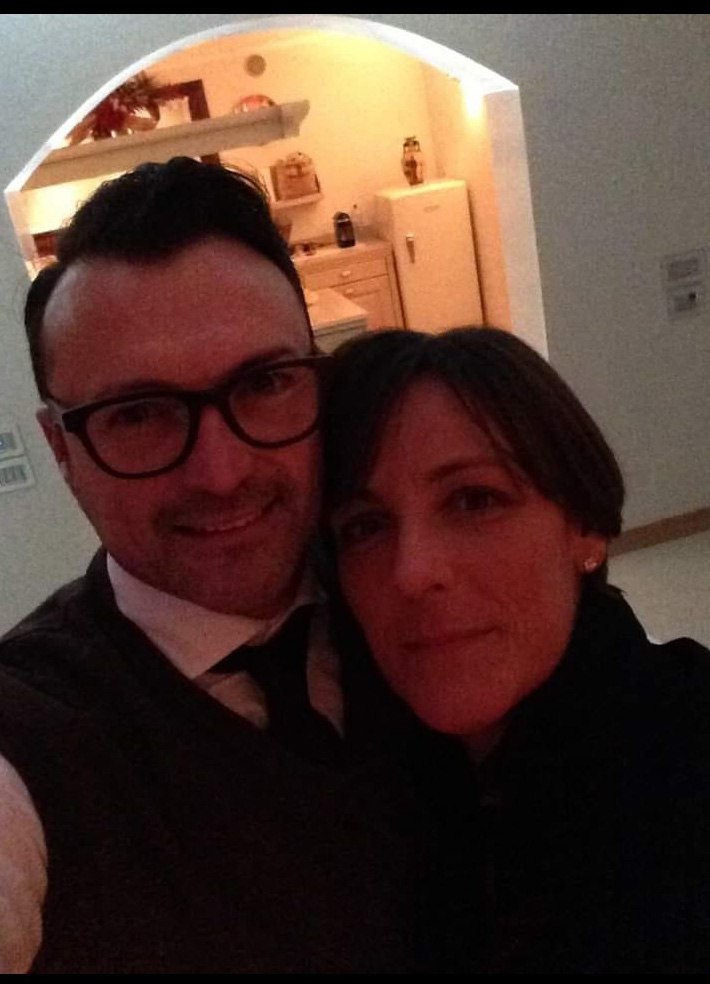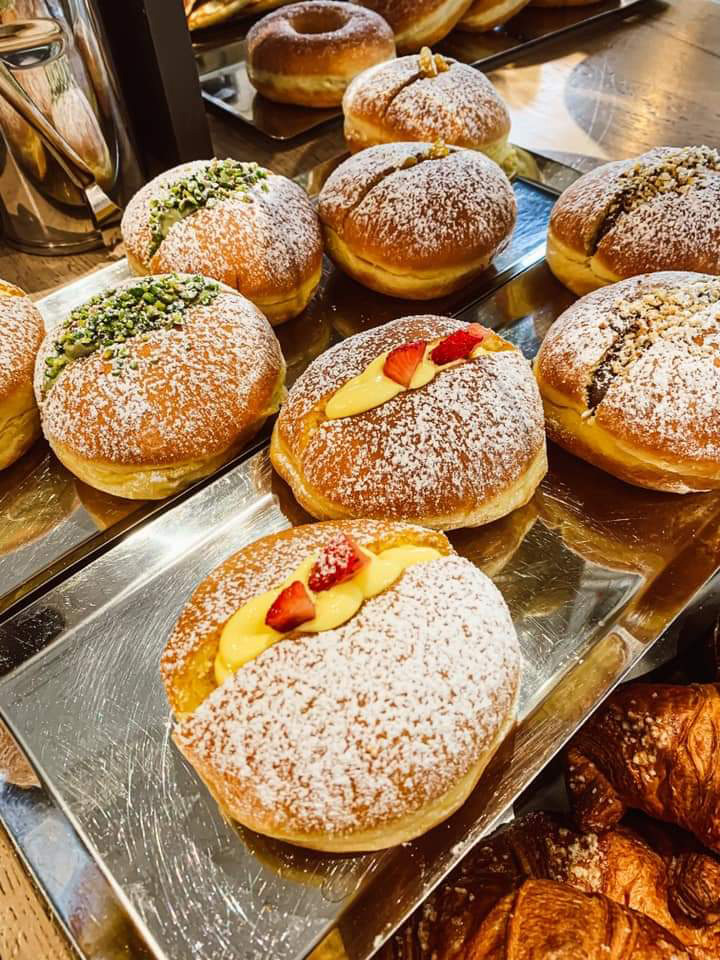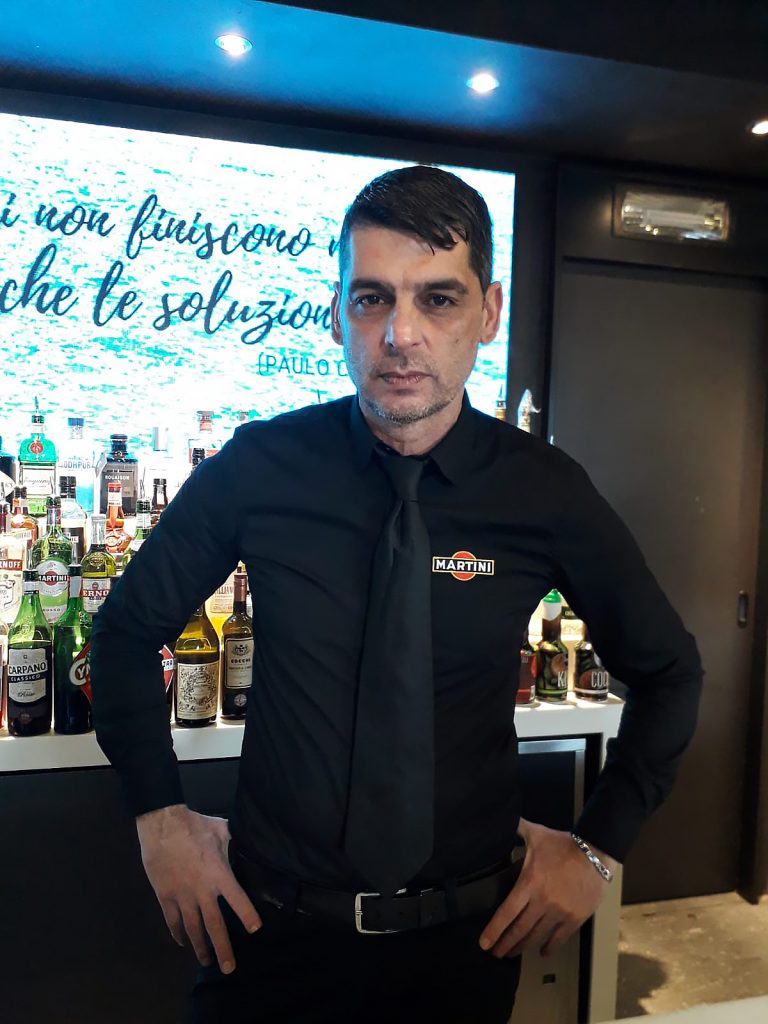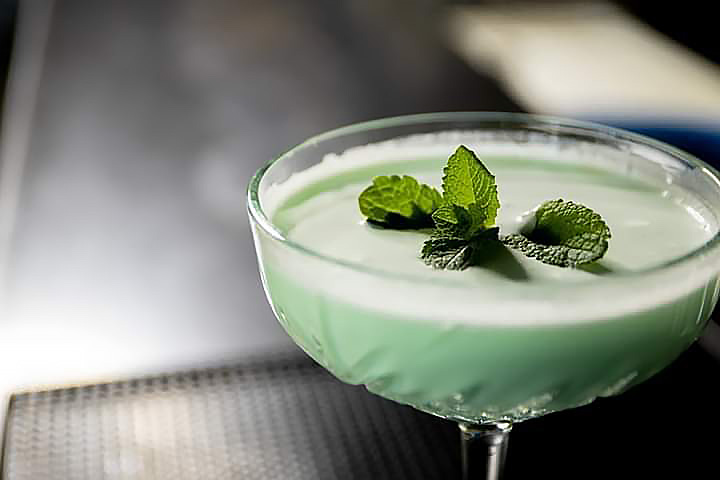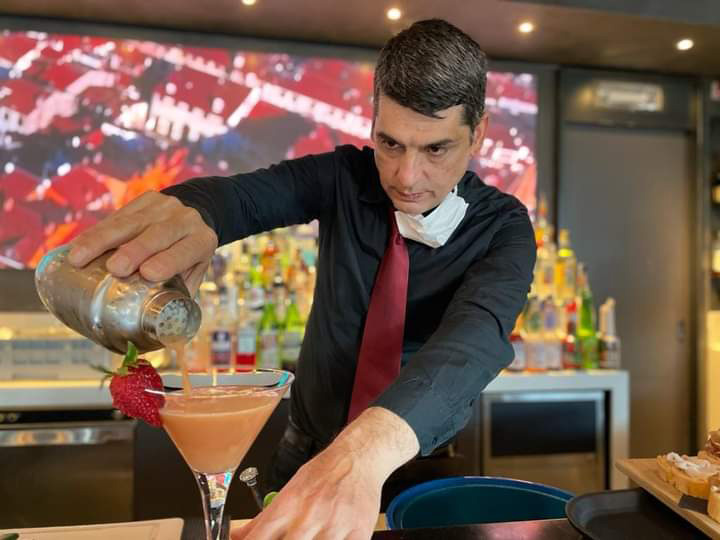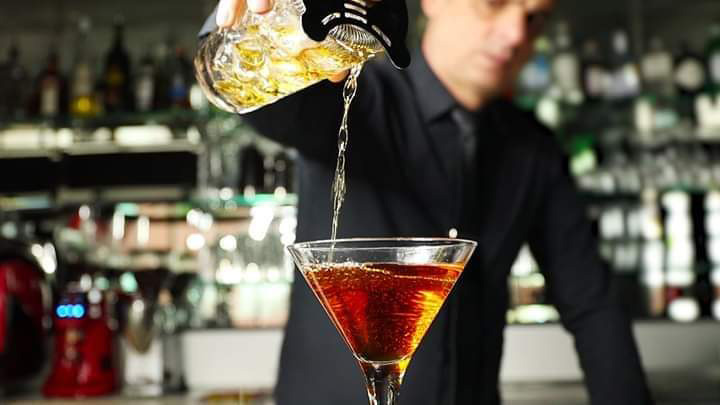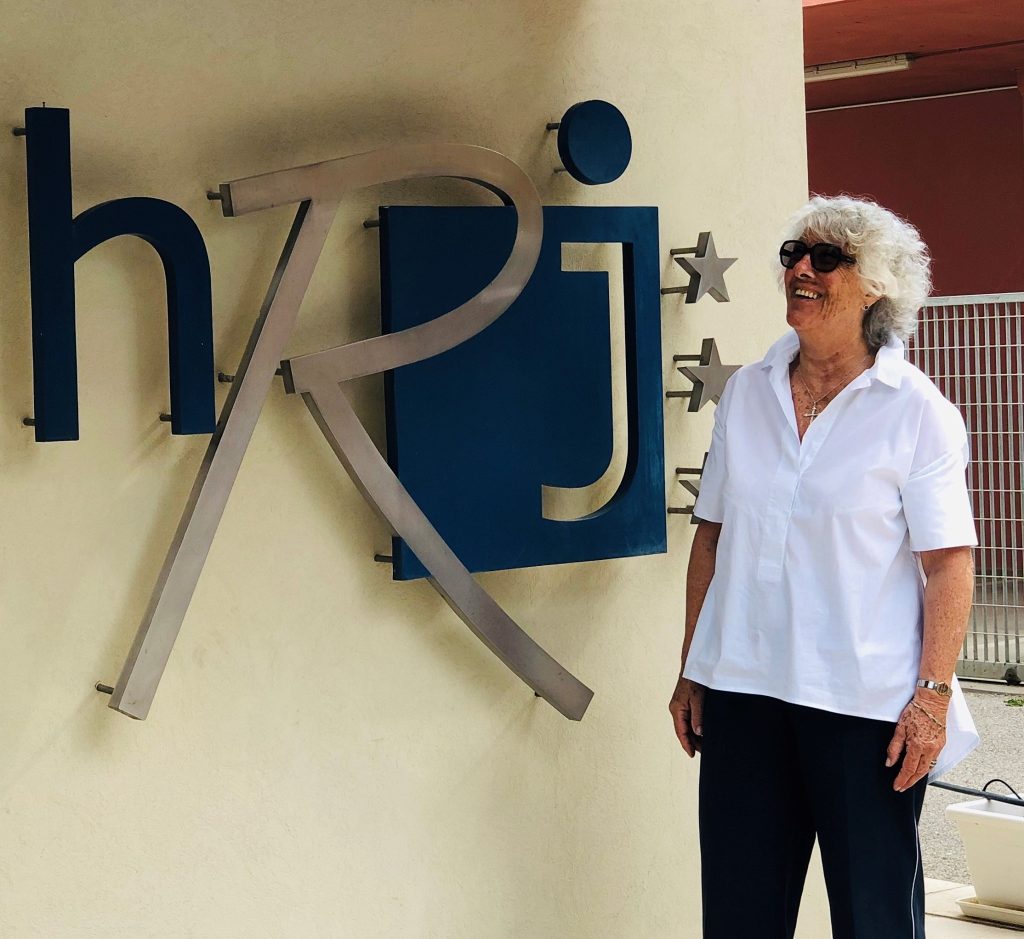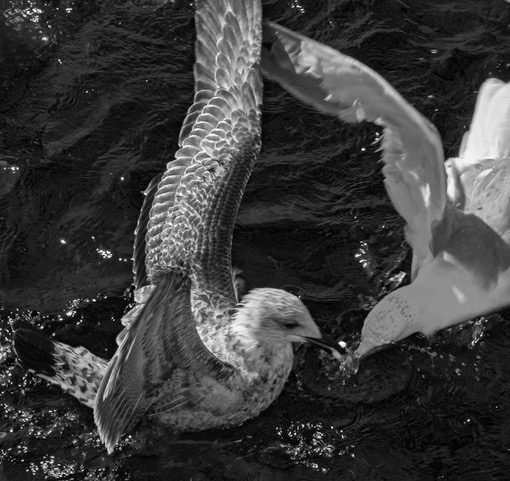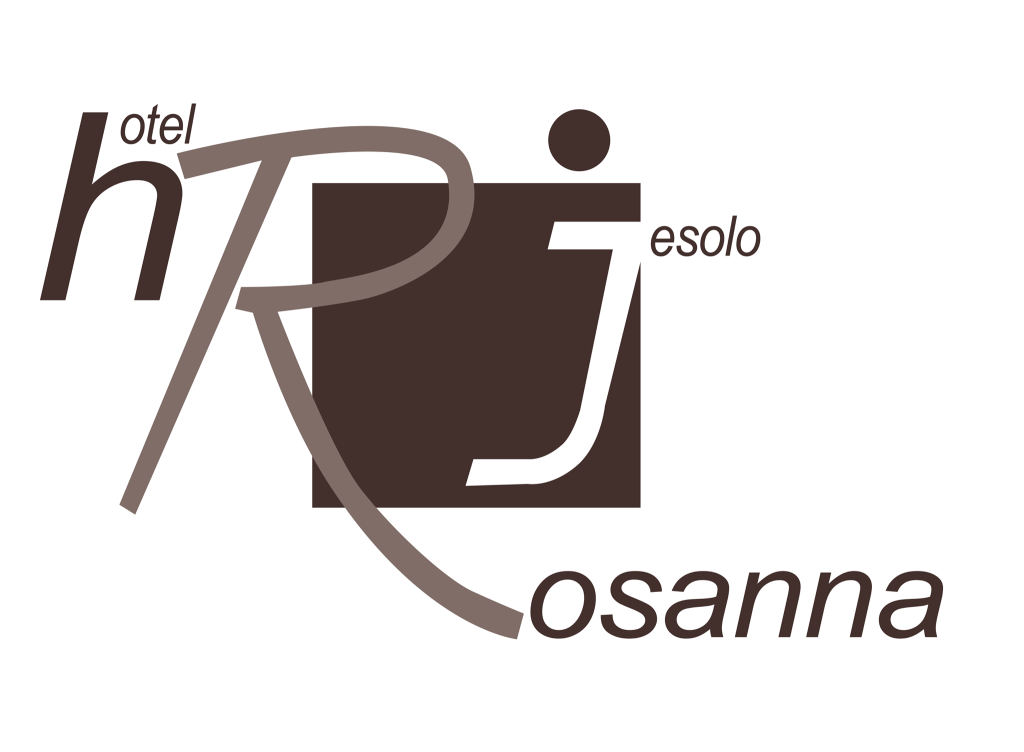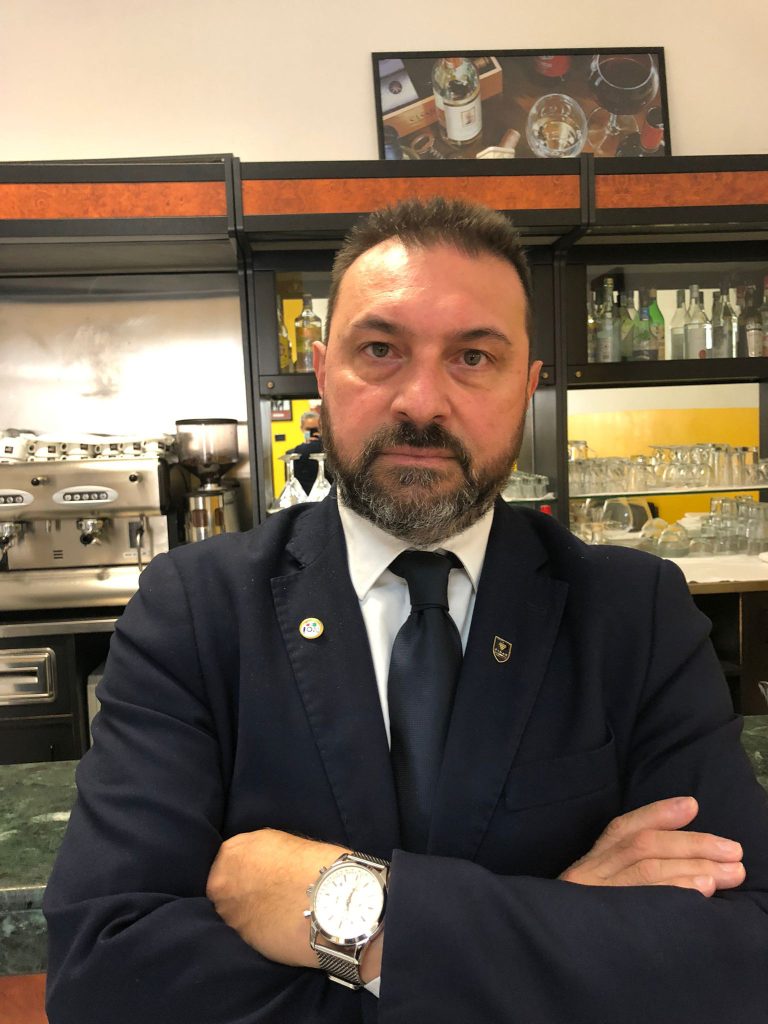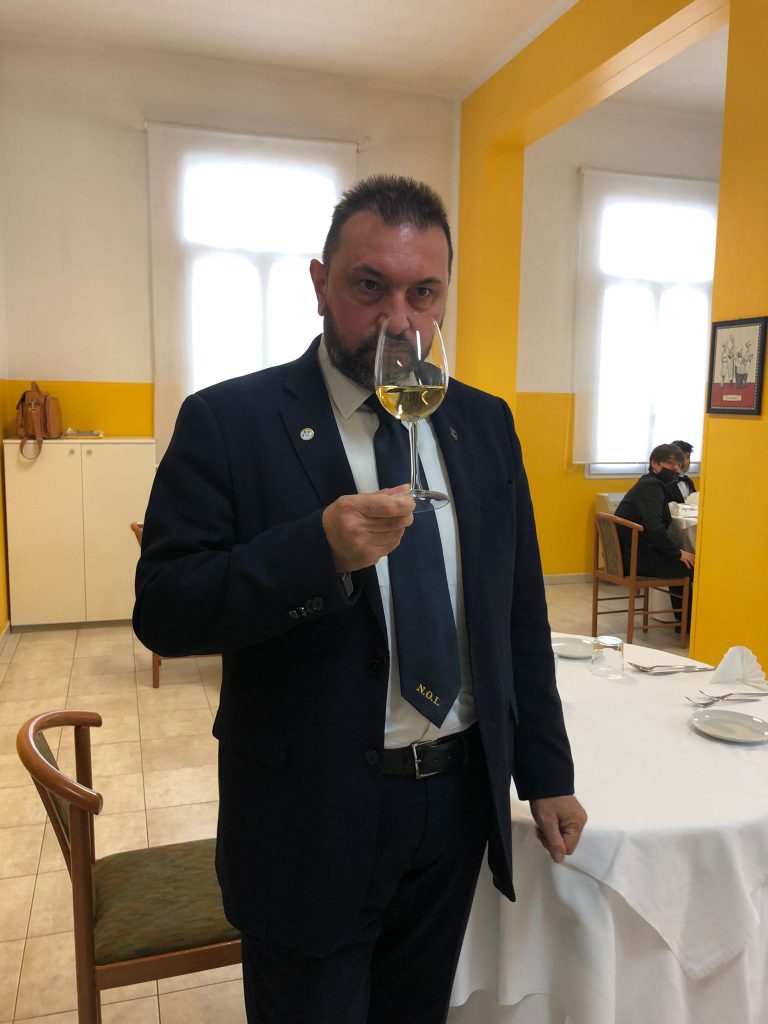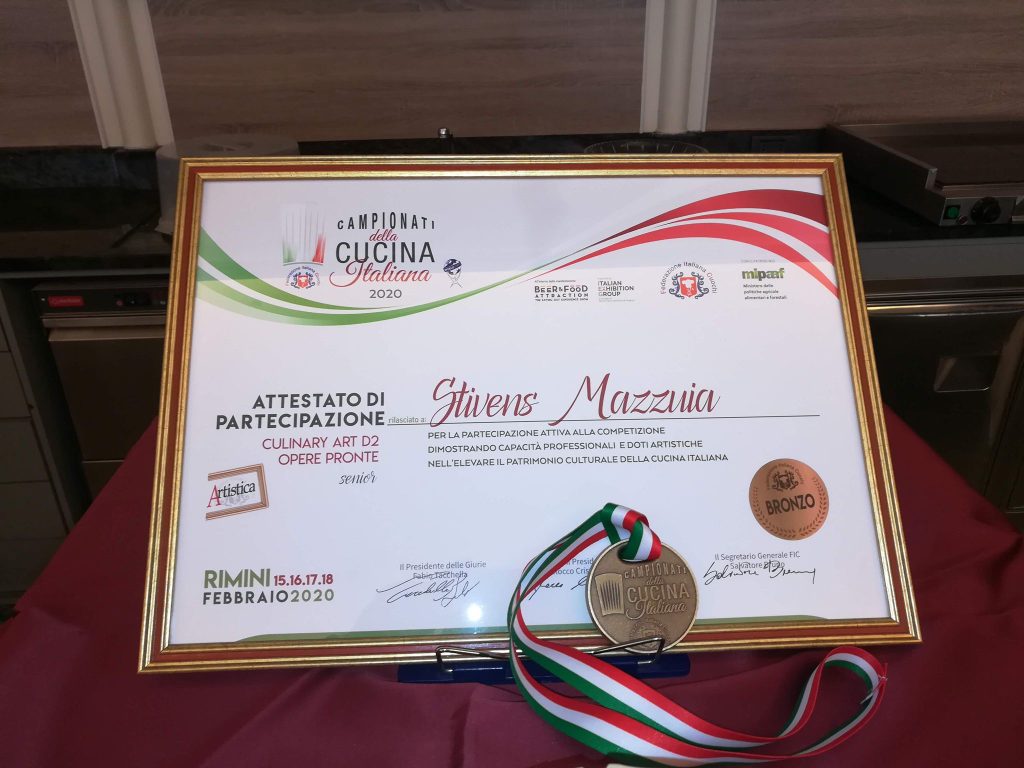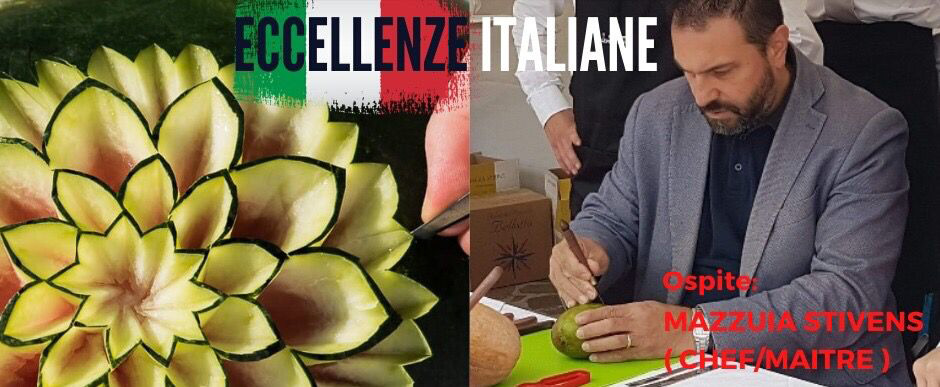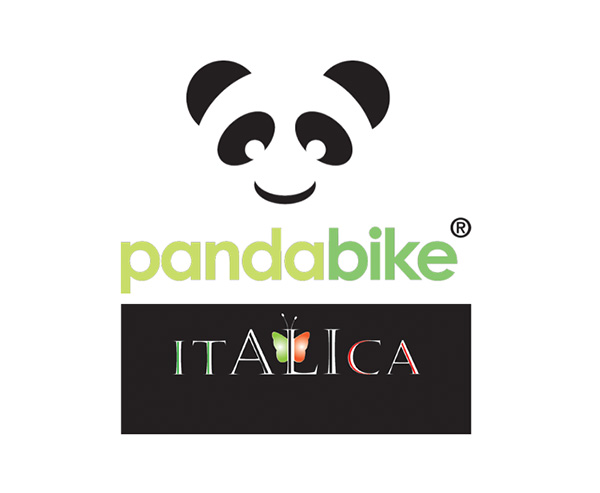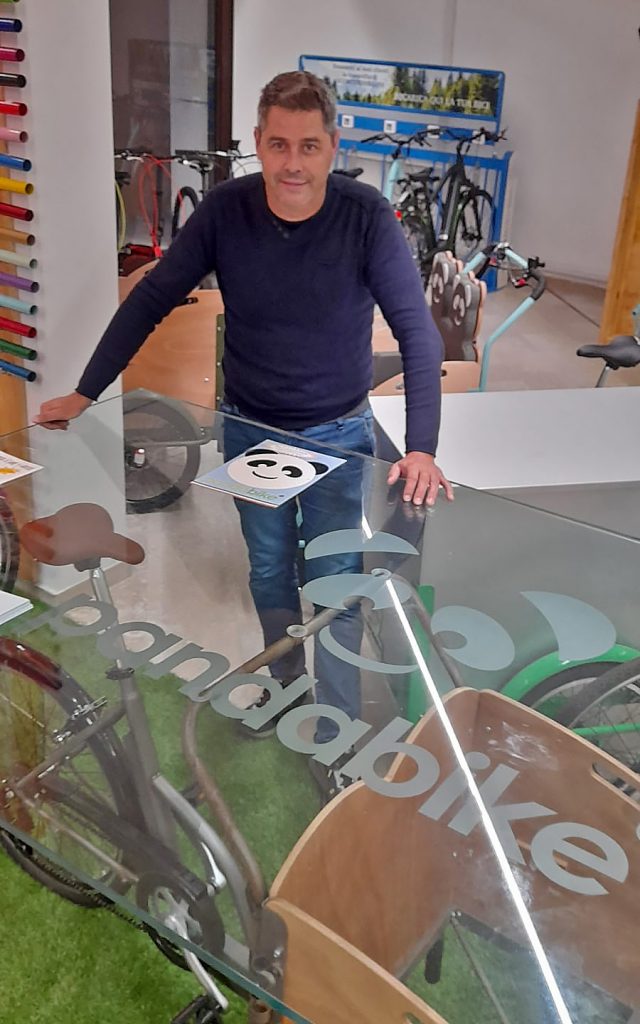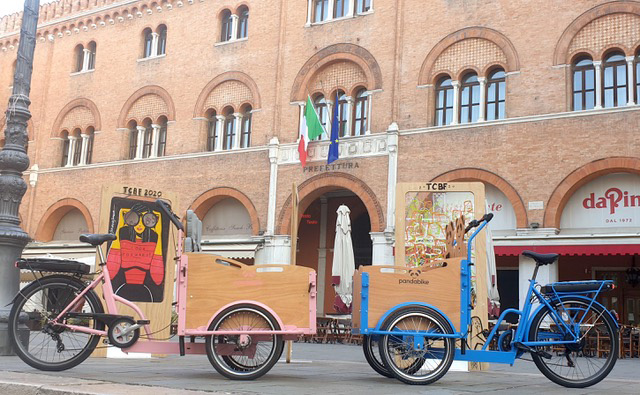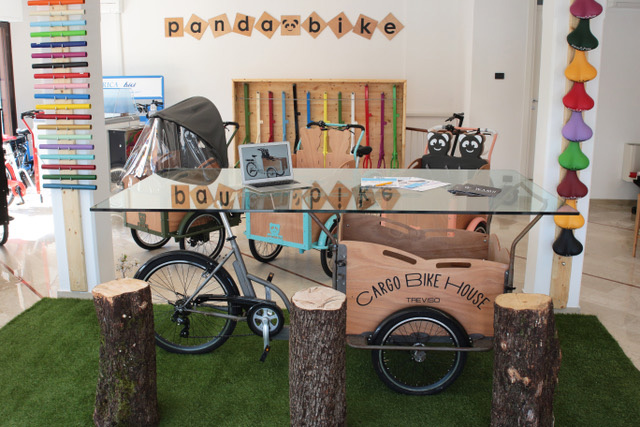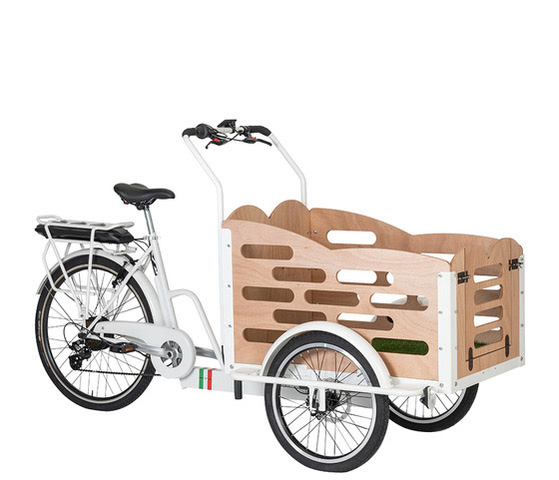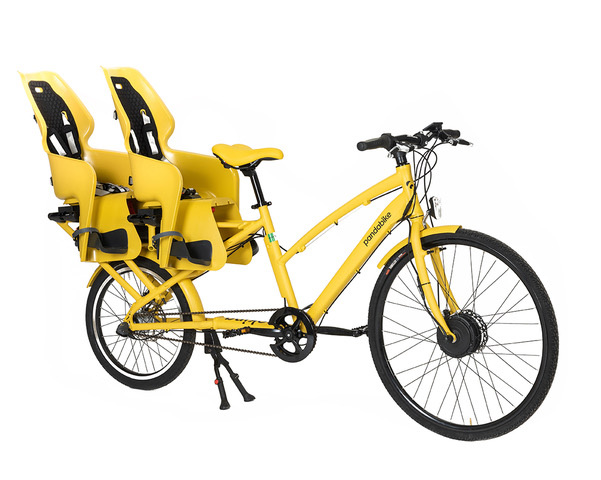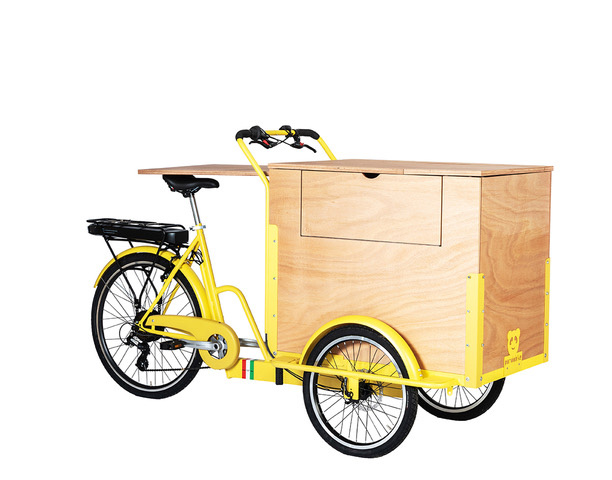Interview with Angelo
Interview with Angelo from MyFace
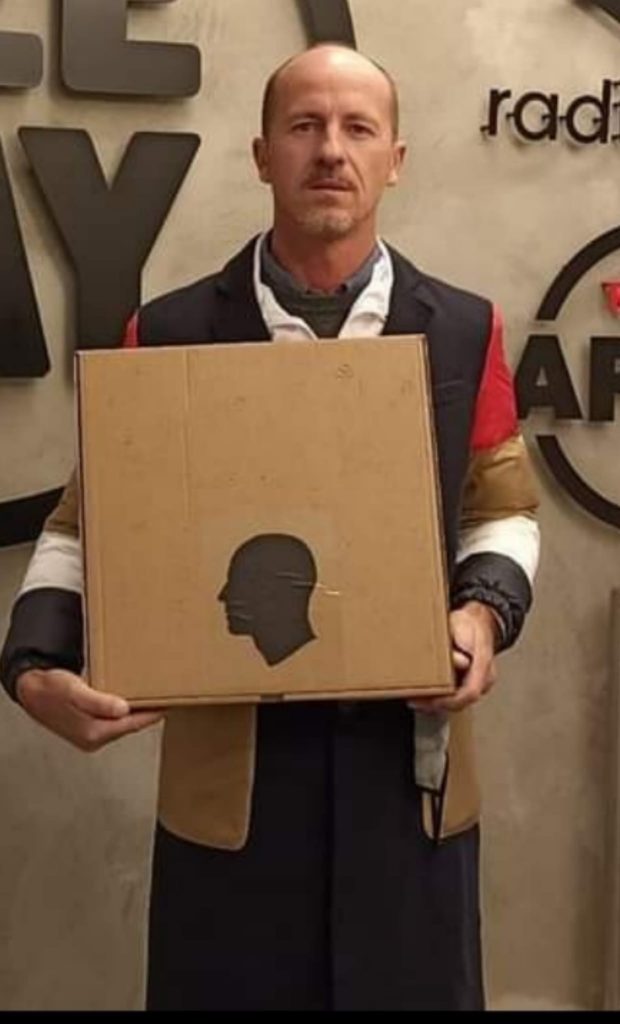
Angelo, a sales executive born in 1972, creator and founder of the Myface brand and www.myfaceitaly.com. Father and partner of Elisabetta. Ever since he was a boy, Angelo has cultivated a passion for objects and manufacturing. Passionate about mechanics, he stands out for his practical and artistic skills. After his studies he collaborated with the most important discos and entertainment venues in the North East, developing communication and interpersonal relationship qualities: fundamental for his career. His entry into the world of work allowed him to develop skills in sales techniques, becoming a reference point for many companies in the furniture field. An encounter with the world of wood aroused in him an unexpected curiosity. He worked alongside the best master craftsmen during their creations, learning their secrets and skills. Today, more than twenty years later, he is struck by an almost transcendental enlightenment, which took place at home, and launches his vision of Mayface on the market. A unique project of its kind that has no equal in the world. Angelo, with the unconditional and professional support of Elisabetta – an established interior designer – and driven by a decisive, extroverted and fearless character, loves to accept every challenge that life holds in store for him and proudly presents his original, handcrafted idea aimed at lovers of uniqueness and personalisation.
Who is Angelo?
I am a forty-nine year old man, adoptive father of a splendid twelve year old boy of Ethiopian origin and partner of Elisabetta, mother of two wonderful children. I consider myself an expansive and outgoing person. Fortunately I can boast many important and long-standing friendships, with whom I maintain constant, true and sincere relations. This knowledge has been cultivated during my long collaboration with the most important discos in the north-east and beyond. Thirty years of experience have given me many emotions, memories and unforgettable encounters. I like dealing with people, talking to them and always being available. A characteristic of my character that has always accompanied me on my personal and professional journey. I’ve worked in jobs based on direct contact with the customer: starting in clubs, moving on to the supermarket – as a manager – up to my current job as a Sales Executive. I am a creative and dynamic person, I like challenges and I am always looking for new ones. I don’t like to spend my days on the couch and I always try to engage my body and mind. I base my life on the principles of physical and mental activity, which is the real engine of our existence.
When and how did your passion for the art of woodworking begin?
I have always cultivated a passion for everything that is built by hand. Spanners, nails, hammers and screwdrivers have always been my companions in games, inventions and creations since I was a little boy. In our little group of friends in the neighbourhood, I played the role of everyone’s ‘mechanic’. Bicycles and mopeds had no secrets for me and my garage, to the annoyance of my parents, became a real workshop. As time went by, I approached the world of wood, working in close contact with master carpenters. I was fascinated by the potential of this wonderful natural material. Witnessing its transformation, its processing and seeing the creation of objects from its composition captured my imagination and my desire to try my hand at this age-old art. I love its scent and the sensations it conveys: emotions that speak of the environment, of nature, of life. Every part of the wood tells a story through its essences: colour and grain. We can understand its age, type and origin. Listening to its silent voice that tells us about the forest, the earth, the fruits and all that world that only years of life can enclose. Today I am finally transforming this ten-year passion into a concrete project in which I firmly believe and in which I intend to pour my energy and creativity.
How is this artistic professionalism achieved?
Wood is a material that you learn to work; by working it! Unlike iron and glass, it is a warm and lively material, its ductility allowing for softer and more heterogeneous handling. Easily correctable errors are allowed, thanks to these very characteristics. In order to reach a decent level of professionalism, one cannot avoid a long and arduous learning curve. Spending time with craftsmen and masters in the sector is essential for anyone wishing to take up this profession. Secrets, advice and skills can only be passed on by skilful hands, rough mumbling and years of hard work. Obviously, a deep love for wood and an unconditional passion for what we do cannot be missing. When a work takes shape, whatever its nature, the emotion is unparalleled. Imagining, creating, shaping, moulding, giving life to something different from what it was, are unparalleled sensations that fill me with satisfaction, pride and joy.
How did the idea of giving a face to your works come about?
The idea was born right here: in this dining room where we are recording our conversation. It was a normal day like any other and I was having lunch with my partner Elisabetta. It was a beautiful, sunny day, a light breeze filtering through the half-open doors to our garden. The warmth of the sun warmed us gently, and we were intent on our usual chats. I don’t remember for what strange reason, but suddenly, as I moved my gaze towards the sofa, I noticed that the shadow of my profile was cast on a small cushion leaning against the back of the furniture. It was as if it was photographed and imprinted on the cushion itself: I still have the photo that bears witness to that moment. A ray of sunlight, like a long shining arm and an invisible hand, drew what was to become an artistic and original project: unique in the world. Seeing that image was like receiving an illumination, an instinctive and immediate thought: I knew what I was going to create; I knew how I was going to do it; and I imagined every work already done and completed. I turned to Elisabetta and asked her to imagine our two profiles imprinted together and what she thought of the idea of “sculpting” and modelling people’s profiles in wood, creating objects of common use, but personalised through the uniqueness of the “imprint” of their faces. My partner, an interior designer by profession, and certainly persuaded by my enthusiasm, immediately accepted the challenge I was proposing to her: supporting me right from the start and contributing with her usual energy to the implementation of our ‘vision’. We got to work immediately and after the necessary research – which confirmed the uniqueness of the project on a global level – we registered the Myface trademark with the annexed production of complements and objects taken from the person’s profile. This is how the idea and the Brand Myface and the website www.myfaceitaly.com were born.
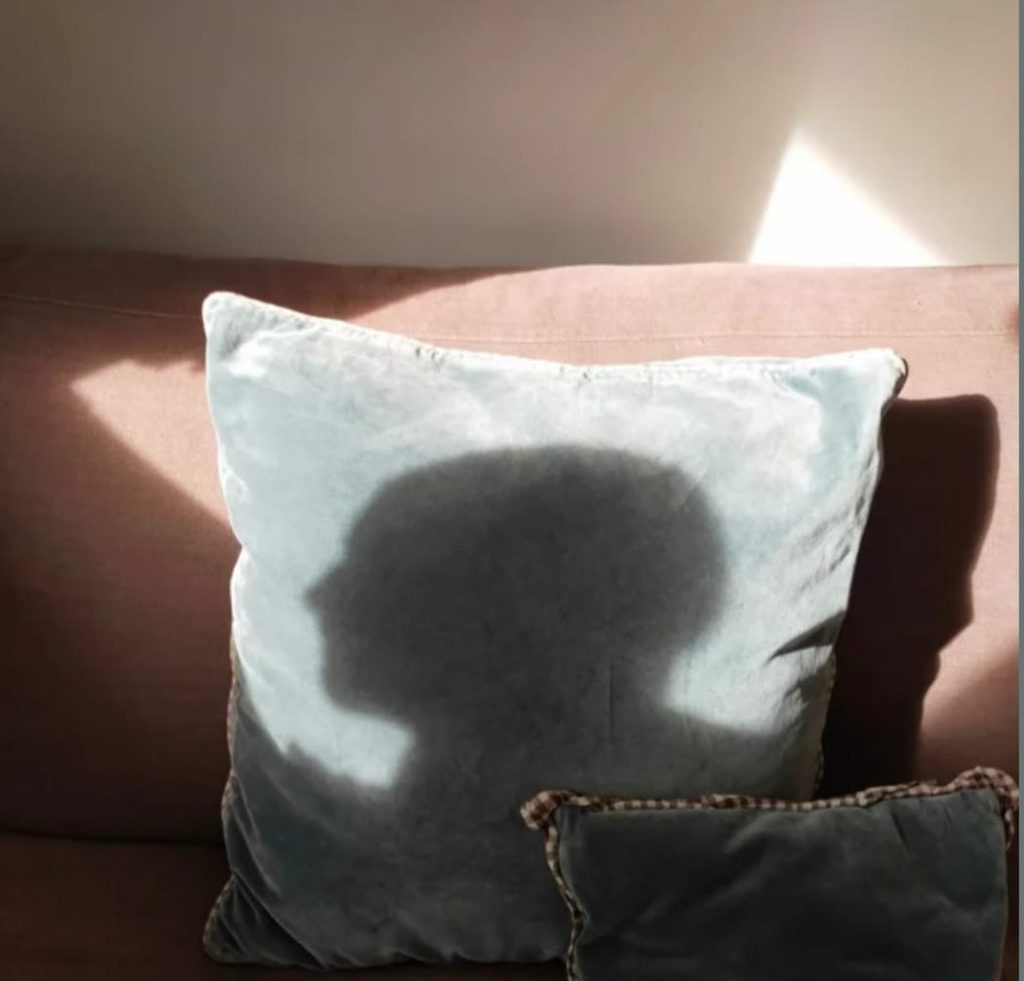
What does Myface achieve?
We make handcrafted products out of wood and, in the near future, other natural materials. At the moment we are creating objects that include clocks, profiles without clocks that make up the family group, bottle holders and recently also wall mirrors. Everything is always taken from the personal profile of the client, who sends his photo to our website from which we obtain the distinctive facial features while maintaining the uniqueness of the product.
What do you feel when you make your art and the profile of your client takes shape?
Pure emotion!!! From the moment I receive the customer’s image to the final delivery, it is a succession of emotions and sensations. Everything starts with a simple square wooden panel. The study of the profile received, the vision of the project, the carving and its realisation are part of a process that involves me completely. During the processing of the wood, my journey begins through scents and smells that take me to the woods and nature. The essences of oak, larch, walnut and many others envelop the studio, transporting me through paths and forests. Sometimes I personally deliver the finished work into the hands of the client. The joy of seeing the amazement of the client who recognises himself in the object is unparalleled. The thought of having been able to create a unique and unrepeatable singularity and the knowledge that it will accompany my client for the rest of his life, fills my heart with pride and satisfaction.
What are the main difficulties in launching a new proposal like yours on the market?
Certainly reaching people and arousing their interest is the hardest and most difficult part of launching a new product. I come from the ‘old’ school of sales reps where the importance of human contact and on-site promotion was the essence of the sale itself. I still prefer this aspect of marketing over other interactions. I always carry a sample of my work with me so that I can show it, if necessary, to anyone who finds it interesting. In my profession, I am often in direct contact with potential buyers and I make sure they are always present. I remember with irony and amusement when I passed by a possible client 20 times to acquire him for the simple purpose of selling about 20 cents worth of material. I succeeded, perhaps due to the customer’s exhaustion. Today, ten years later, this company has become one of my best business partners. However, one cannot exclude the modern techniques of digital communication and dissemination that make it possible to reach otherwise unreachable distances. Many of our works are ordered on our website and then shipped to their destination.
How do you overcome the most difficult moments?
Love what you do, believe in your possibilities and follow your convictions. I believe that the secret to overcoming the difficulties of an increasingly complex market lies within us, in the way we position ourselves and in our entrepreneurial instincts. I am a person who constantly looks to the future and does not like to stop at the first obstacle. Every wall I have come up against in my personal and professional life I have managed to climb, stopping only when I felt I had arrived. Of course, there are situations that are beyond our capabilities: we have to be able to recognise them and, if the case calls for it, abandon them and create new ones.
Why choose to own your own handicrafts?
Without a shadow of a doubt because of its uniqueness and customisation. At this moment there are no other similar realities in the world that use the same creation technique as ours. Owning a Myface artefact means bringing a unique and unrepeatable detail of ourselves into your home. Each of our works represents the client himself, his singularity and what differentiates him from other people. We have studied a series of objects that also allow a “domestic” use and internal design of the creations. I think that craftsmanship combined with the value of Made in Italy and Made in Veneto can contribute to the spread of our Myface brand.
Observing your works, one notices that they remain completely natural without any complementary accessories. Why this choice?
Our choice was a conscious and deliberate one. I believe that Myface can be differentiated from other competitors precisely because of the unique way in which it is made and the style we have chosen. The profile is a distinctive feature of ourselves, our facial fingerprint. Each work has its own precise, unique and unrepeatable identity. We receive many requests to make profiles of famous and well-known people, but we do not accept them, because we do not want to fall into the circle of pure economic and mass commerce. Our watches do not have numerical indications. However, we want to give a sense, even a practical and useful one, to the works, but not just a domestic purpose. Myface objects tell a story, a particular moment in our lives. It tells about ourselves, our loved ones and photographs moments and feelings. We do not use colours or coverings that can hide the essences of the wood, its characteristics, its scents and the tactile sensations it transmits. We are concentrating our energies on studying and designing creations for the whole family for purely aesthetic use without any secondary purpose that can replace the more classic paintings, decorating our spaces and making them unique and personal.
How do you choose the materials for your works?
Let’s say that the decision-making process is always evolving and is also based on the customer’s requirements. Initially, the choices made are the result of careful research and study of materials already used in this field. I went to different places, including commercial ones, to understand the correct use and the most common types of wood suitable for my purpose. Today I use essences of Oak, Canaletto Walnut, Larch and others, which fully satisfy me. We are thinking of expanding our proposal by using other materials, always of natural origin. Elisabetta plays a very important and essential role in this process. Her professionalism as an interior designer guides our choices by indicating the type of wood, the shade and the right combination.
Italian and Venetian craftsmanship fascinates and is appreciated all over the world. In just a few weeks of activity, you have already received expressions of interest and orders at an international level. Where do the most interesting ones come from?
Undoubtedly, Made in Italy – in our case Made in Veneto – is one of the most well-known, sought-after and appreciated brands in the world. At the moment we are receiving more expressions of interest from abroad than at home. This is certainly due to the fact that abroad our craftsmanship is particularly sought after, while perhaps a little taken for granted in our country. We sent to Canada, where the presence of our compatriots and Canadian citizens of Italian origin is particularly large. Many people with distant relatives and Italian blood press to receive a piece of Italy and our manufacturing. We sell in Germany, France and even a little in Eastern Europe at the moment in Bulgaria. Interested people upload their profile picture to our website, the picture is processed and then, once the work is finished, the item is sent to the requested destination.
Husband, Father, Sales Executive and now his own entrepreneur. How do you manage to combine family and professional commitments? And how important is the support of the family?
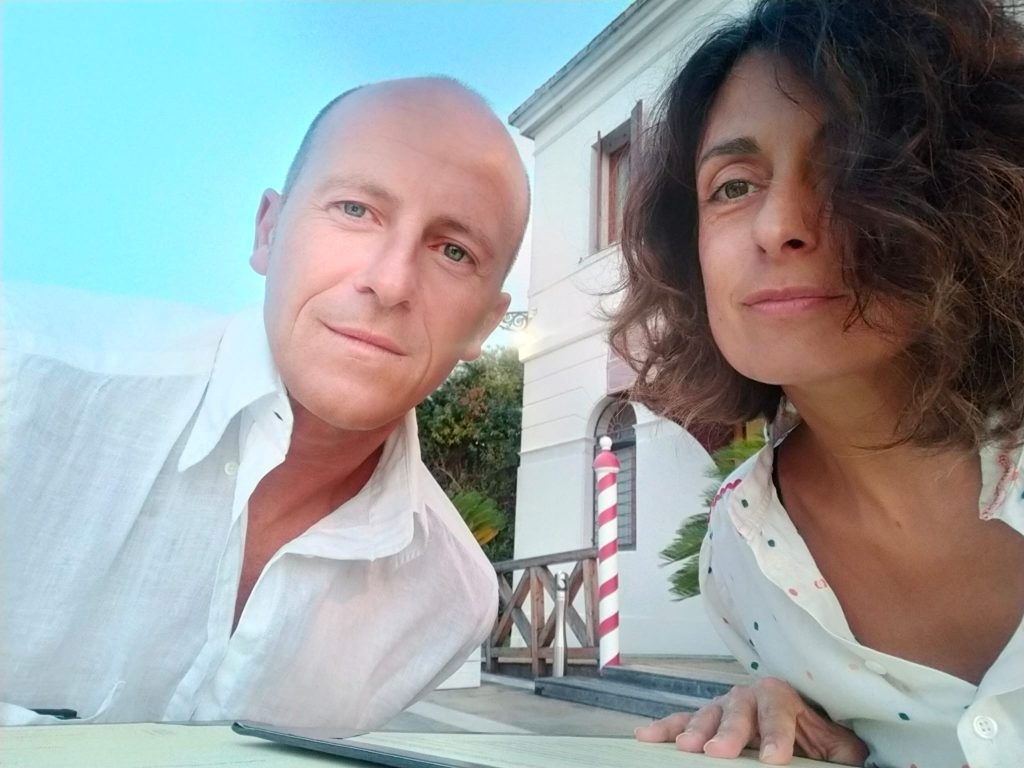
I have a job that often takes me away from home and takes up a large part of my day. Elisabetta is also very busy with her job and what little free time we have left is dedicated to our children’s lives, their space and activities. Our life is, let’s say, normal: hectic, busy and happy. We built the Myface project completely by ourselves: starting with the presentation website and ending with the complete works. I remember the sleepless nights spent with Elisabetta sitting at the table trying to build our image. Intense moments, endless discussions, fierce confrontations, heated arguments. Ours is a dualism that completes us, unites us and allows us to grow in spirit and mind. Elisabeth is more harmonious, more sensitive, more concentrated on colours, combinations, and the most aesthetic part of our project. I was wrapped up in my purely commercial and practical thoughts. I could not have built Myface on my own, and I owe every member of my family gratitude and thanks for the help I have received, the patience I have endured, and for being the essence of my life.
Plans for the future?
We want to focus our energies on the growth of Myface, not only on the commercial and economic side, but above all on the personality and uniqueness of the brand. We will push to make our work known and spread by becoming a recognised brand and style. We are evaluating some proposals for collaboration with important local businesses. Our journey has only just begun, but we are confident and driven by optimism and rosy expectations.
What advice can you give to young people who want to take on a challenge like the one you have undertaken?
Difficulties are necessary for personal and professional growth. In order to keep our minds alive and active, we need daily challenges that put us to the test and give us excitement and self-esteem when we overcome them. To our young people I say: accept them!!! Do not retreat in the face of the obstacles that life inevitably throws your way. Face them believing in yourself and in the people close to you. Follow your dreams, follow your passion and heart, love what you do and your road to success will surely be downhill.
Interview and writing by Abiti Luciano; Graphics Layout Matteo Durante
Interview with Angelo Read More »





